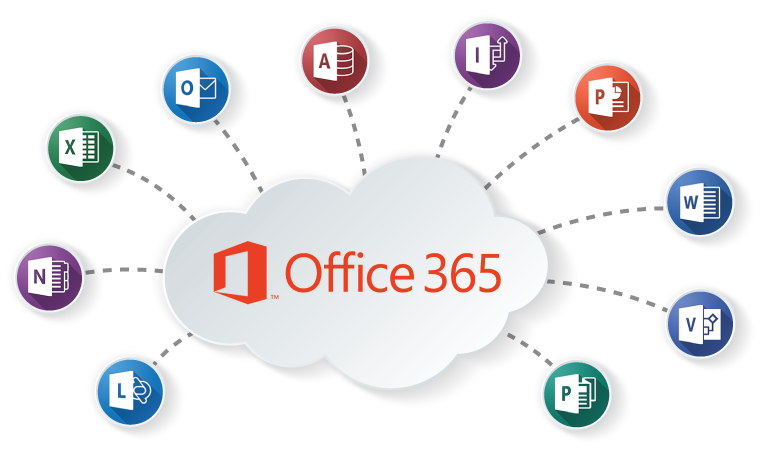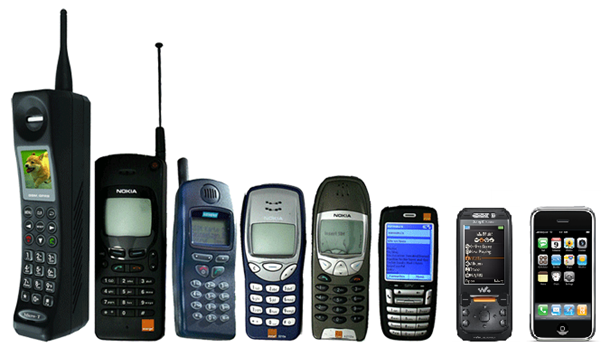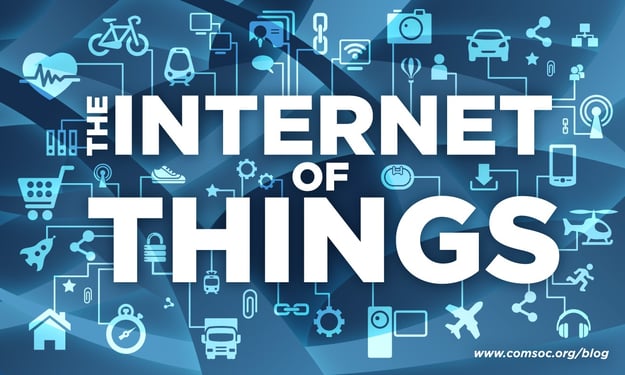
Navigating your desktop on a display monitor without a computer tower in sight is becoming easier and easier to imagine. It can be a strange sensation to realize that the base units that have defined the experience of purchasing a new computer is slowly becoming a feature of the past, but the implementation of virtual desktops suggests a movement in this direction. The greatest question in this context, however, asks how far we are traveling in a direction towards a client device with no local computing power. As we migrate more and more components of computing processing to on-site servers and off-site clouds, what is left at our desk becomes less material. Even our laptops are requiring fewer physical features beyond the display screen. While network capabilities must remain integral, our understanding of the constitution of our “personal computer" becomes less static. Instead of purchasing a computer based on its processing power, storage, and ports, users will purchase a cloud package with particular storage and processing features as well as a client device with selected display and network traits. Of course, this is difficult to say with certainty, but the exploration of changes in client devices and cloud technology can be grounds for constructing reasonable expectations.

 It's your data, you own it, you control it and it is yours to take with you if you decide to leave the service. But how secure is
It's your data, you own it, you control it and it is yours to take with you if you decide to leave the service. But how secure is 

